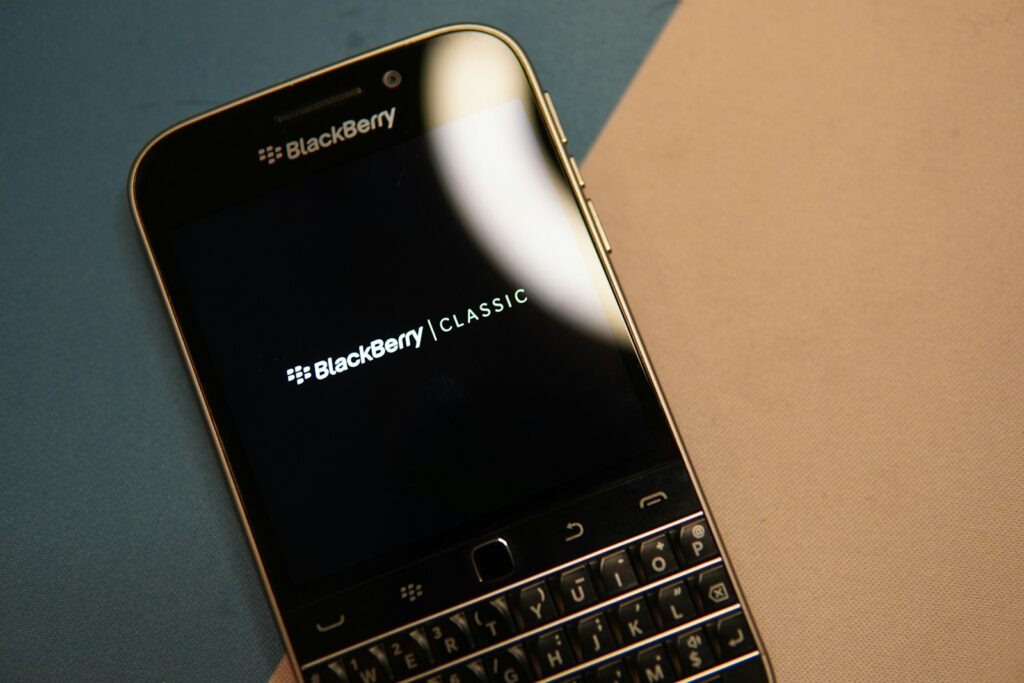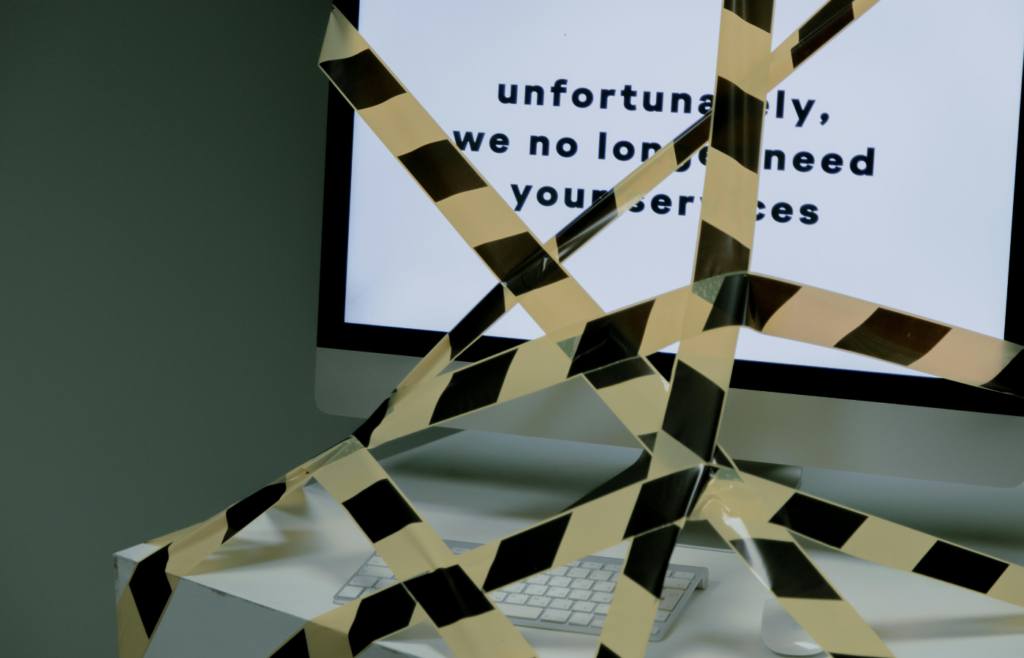Tech companies promise the future—but some burn through billions of dollars before realizing they had no actual business plan. Whether it was bad leadership, over-the-top spending, or just pure stupidity, these companies managed to go broke in the dumbest ways possible.
Here are 10 of the worst ways tech companies went bankrupt.
1. Theranos – Faked Its Way to a $9 Billion Valuation (2003-2018)

Theranos promised to revolutionize healthcare with a machine that could perform hundreds of tests using just a drop of blood. The only problem? It never worked.
- Investors poured in $700 million without seeing proof.
- Walgreens built testing centers that used fake results.
- The entire company was built on lies, leading to one of the biggest fraud cases in history.
Theranos collapsed in 2018, and CEO Elizabeth Holmes is now serving time in prison.
2. WeWork – A Tech Company That Wasn’t Actually Tech (2010 – Present)

WeWork claimed to be a tech startup but was just a glorified office rental business. Investors bought the hype, valuing it at $47 billion—until they actually looked at the numbers.
- CEO Adam Neumann burned cash on nonsense (private jets, tequila parties, and a $60 million mansion).
- The company never made a profit but kept spending like it did.
- Its 2019 IPO flopped spectacularly, wiping out billions in valuation overnight.
WeWork filed for bankruptcy in 2023, proving that real estate isn’t tech—no matter how much investors want it to be.
3. Pets.com – Spent Millions on a Sock Puppet (1998 – 2000)

Pets.com raised $300 million to sell pet supplies online, but it completely ignored basic business math.
- Lost money on every sale due to high shipping costs.
- Blew millions on Super Bowl ads featuring a sock puppet mascot.
- Had zero path to profitability—and burned out in just two years.
It became the poster child of the dot-com bubble and was completely bankrupt by 2000.
4. Juicero – A $400 Juicer That No One Needed (2013 – 2017)

Juicero convinced investors that people would pay $400 for a WiFi-connected juicer that squeezed pre-packaged juice bags.
Then someone realized… You could just squeeze the juice bags by hand, making the machine completely useless.
- Raised $120 million from investors.
- Tanked overnight when the uselessness of the product was exposed.
- Shut down in 2017, with leftover machines selling for $20 on eBay.
5. MoviePass – Gave Away Unlimited Movies for $10 (2011 – 2019)

MoviePass was an amazing deal for customers and a financial nightmare for itself.
- Offered unlimited movie tickets for $10/month—even though a single ticket cost more than that.
- Lost money on literally every customer but refused to change pricing.
- Ran out of cash in 2019, leaving customers stranded.
Turns out, you can’t just give away free stuff and hope for the best.
6. Quibi – Spent $1.75 Billion on a Streaming Service Nobody Wanted (2020)

Quibi thought people wanted to watch TV shows in 10-minute episodes… on their phones… but only in portrait mode.
- Spent $1.75 billion on content that nobody watched.
- Refused to let people watch on actual TVs.
- Launched right as the pandemic hit, when everyone had time for real shows instead of 10-minute clips.
It lasted just six months before shutting down, making it one of the fastest corporate crashes ever.
7. BlackBerry – Ignored the iPhone and Paid the Price (1984 – 2022)

BlackBerry was the king of mobile phones in the early 2000s—until it laughed off the iPhone and refused to innovate.
- Mocked touchscreen phones, saying people would never give up keyboards.
- Failed to update its software while Apple and Android took over.
- By the time they tried to catch up, it was too late.
BlackBerry officially stopped making phones in 2022, going from market leader to relic.
8. E.T. for Atari – The Video Game That Killed an Industry (1982 – 1983)

Atari rushed out E.T. The Extra-Terrestrial, one of the worst video games ever, thinking it would be a hit. Instead, it was so bad that millions of copies were buried in a landfill.
- Cost $125 million to make but sold terribly.
- Crushed Atari’s reputation, contributing to the 1983 video game industry crash.
- Became a legend of corporate stupidity.
Read More: Augmented Reality Glasses: Are They Finally Worth It?
9. Yahoo – Passed on Buying Google for $1 Million (1998)

Yahoo had the chance to buy Google for just $1 million in 1998… but said no.
Then, in 2008, Microsoft offered to buy Yahoo for $44 billion, and Yahoo said no again.
By the time Yahoo realized its mistakes, it was sold for just $4.5 billion in 2017—a fraction of what it once could have been worth.
Read More: Haptic Feedback & AI Assistants: The Future of Wearable Gadgets in Everyday Life
10. Napster – Created Music Streaming But Forgot to Make It Legal (1999 – 2001)

Napster changed music forever, creating the first real digital streaming service. The problem? It was completely illegal.
- Let users download copyrighted music for free, making record labels furious.
- Got sued into the ground and shut down in 2001.
- The same idea was later perfected by Apple, Spotify, and YouTube, who made it legal and got rich.
Final Thoughts: Tech Hype Can’t Beat Stupidity
From giving away unlimited movies to investing in useless juicers, these companies burned through billions before realizing their ideas made no financial sense.
Which of these tech fails do you think was the dumbest? Or do you secretly wish one had worked out?
Read More: 10 Discontinued Tech Products That We Still Miss Today

